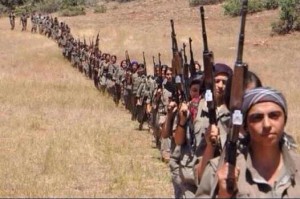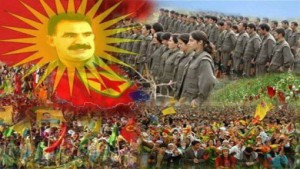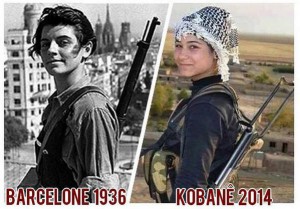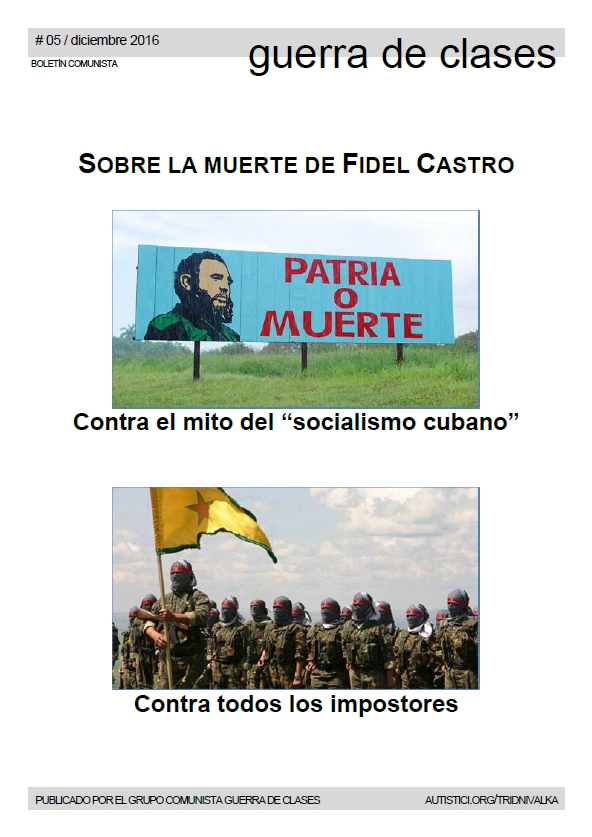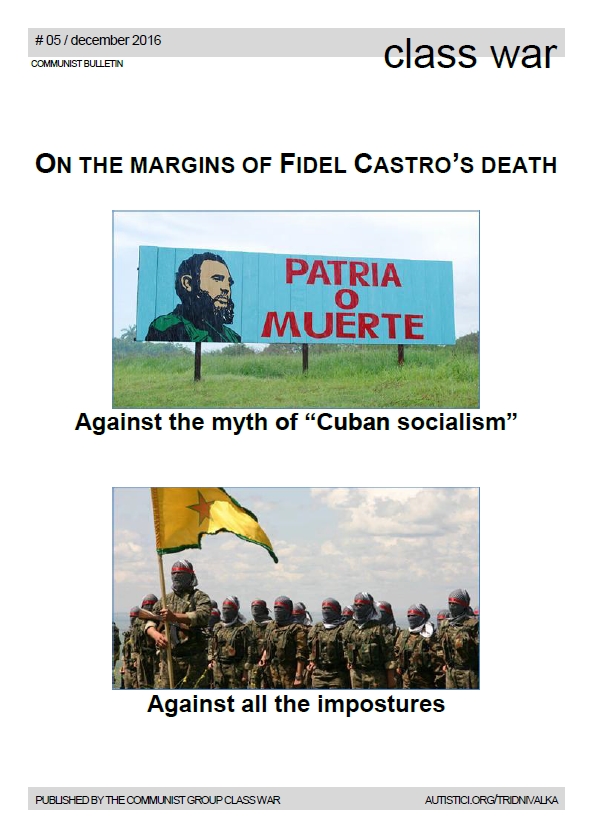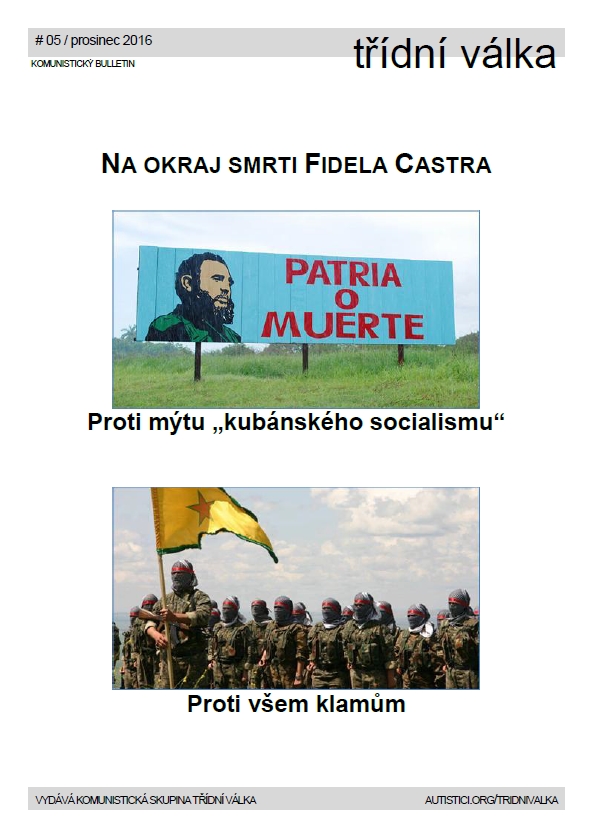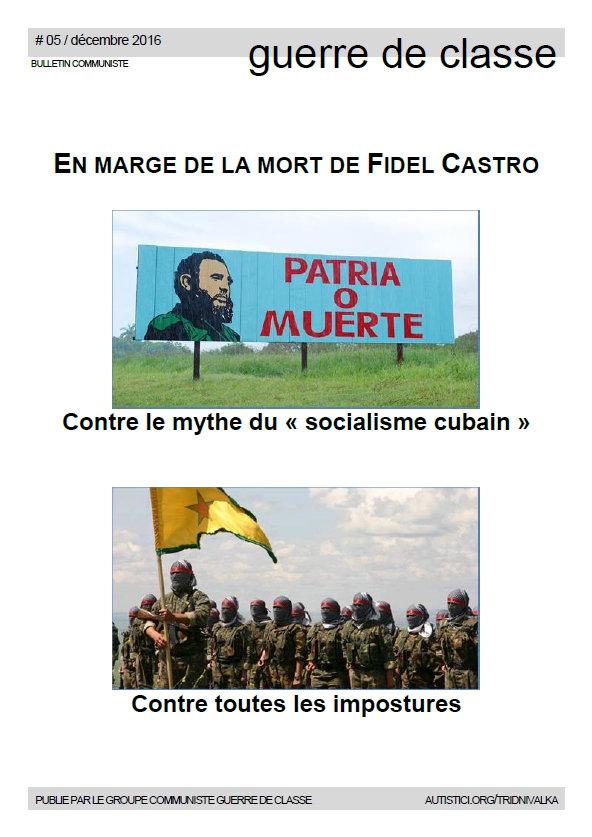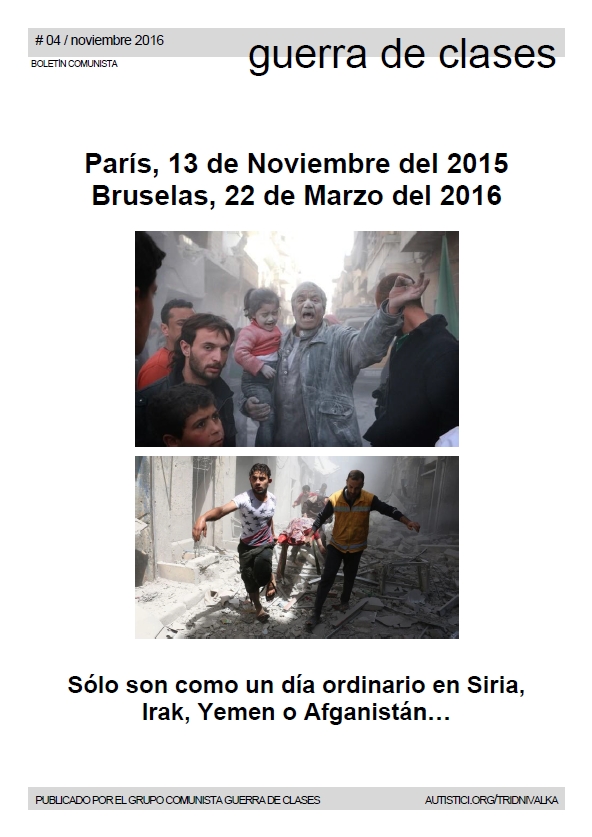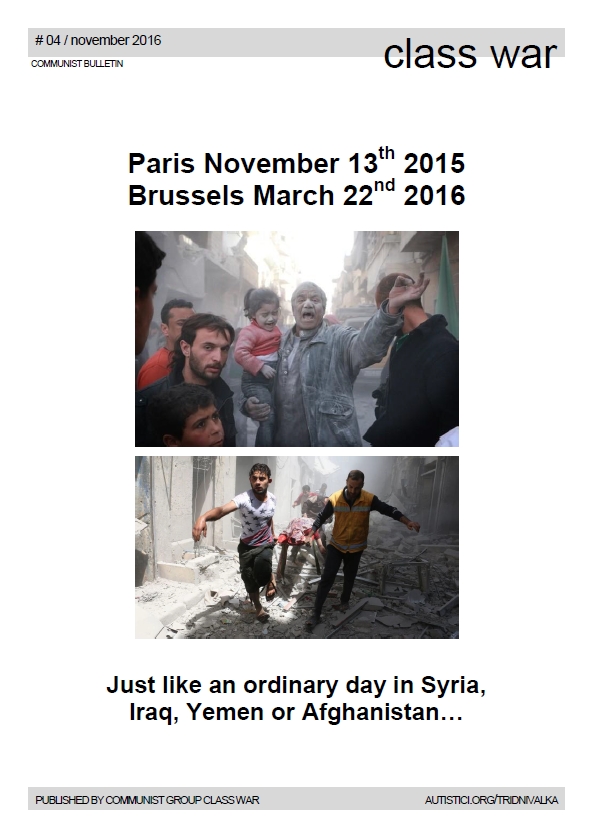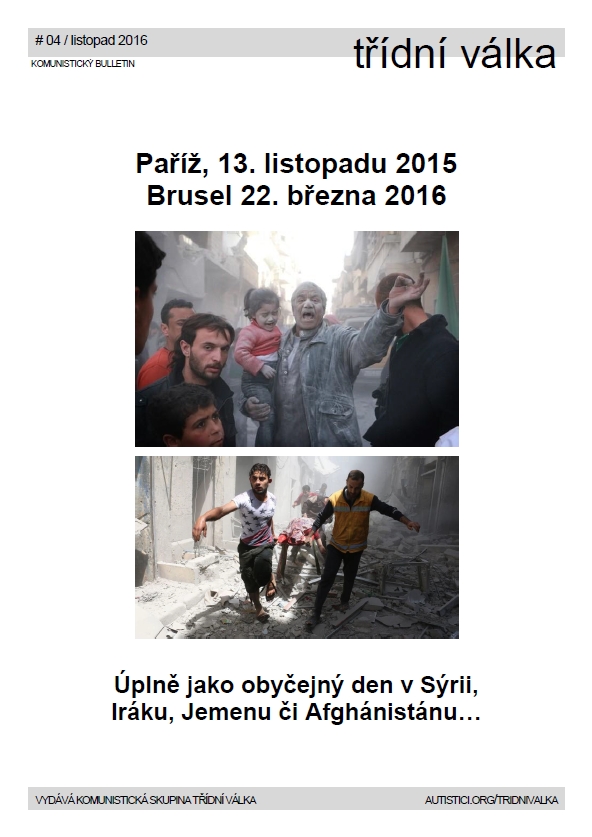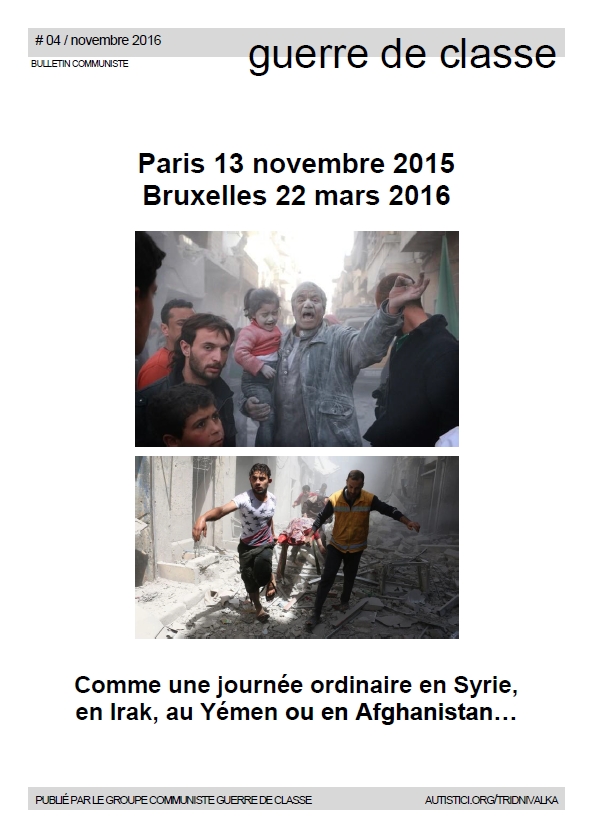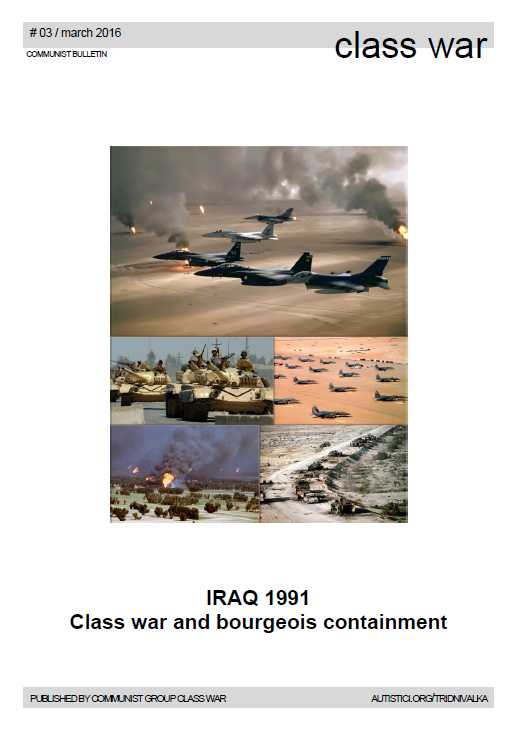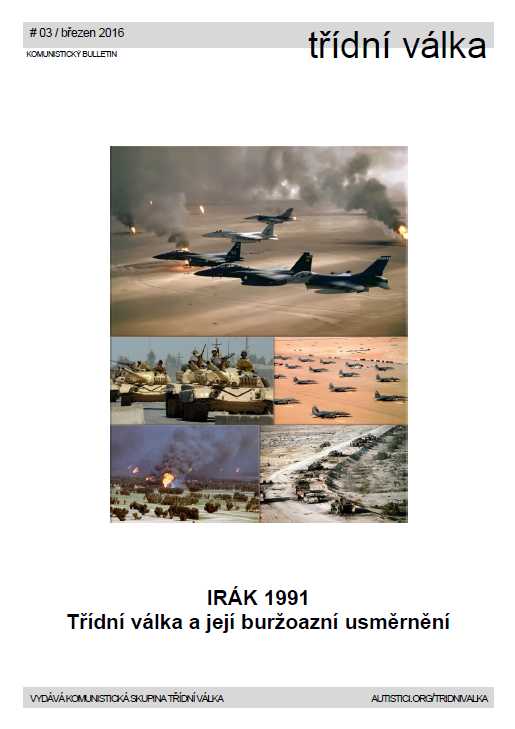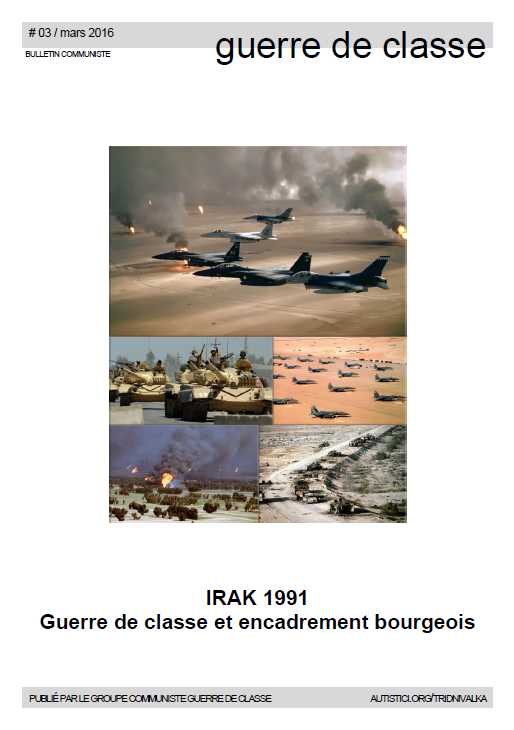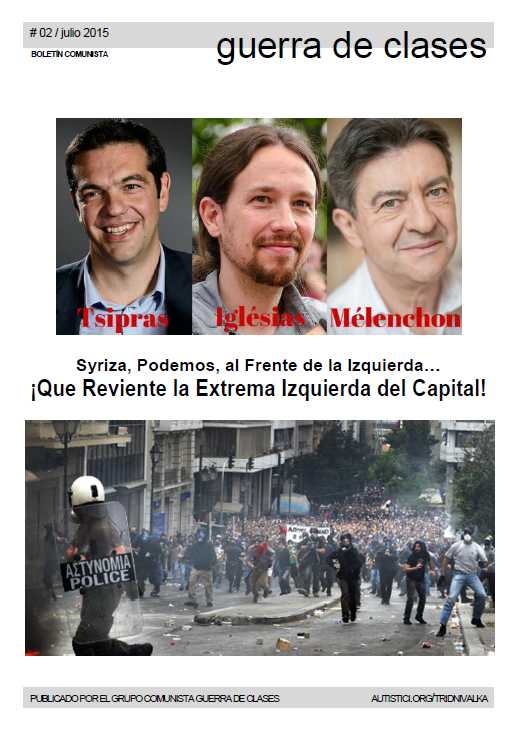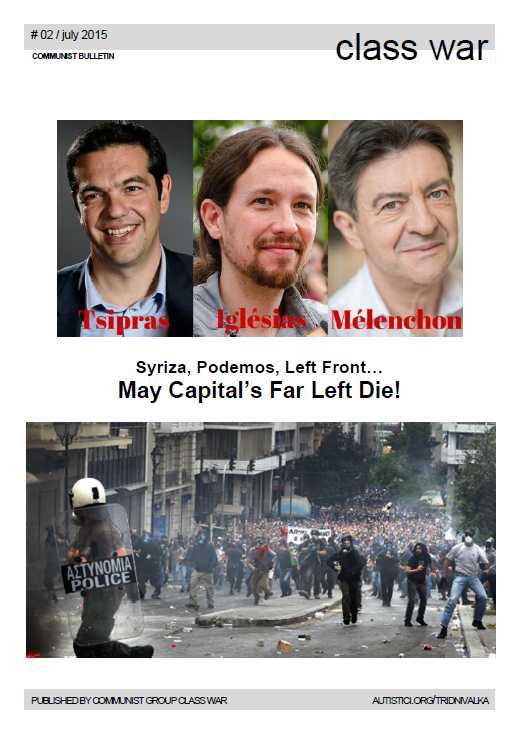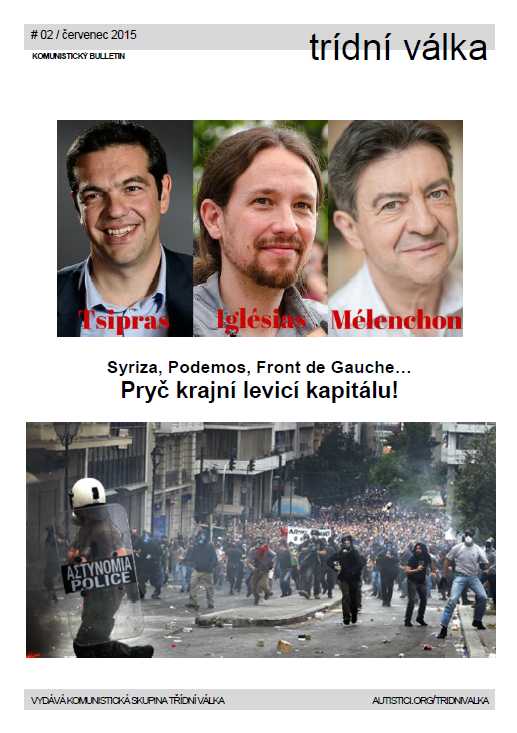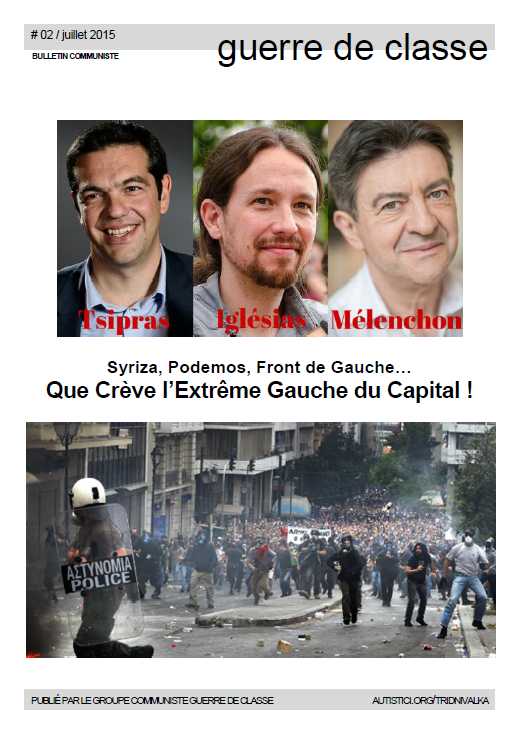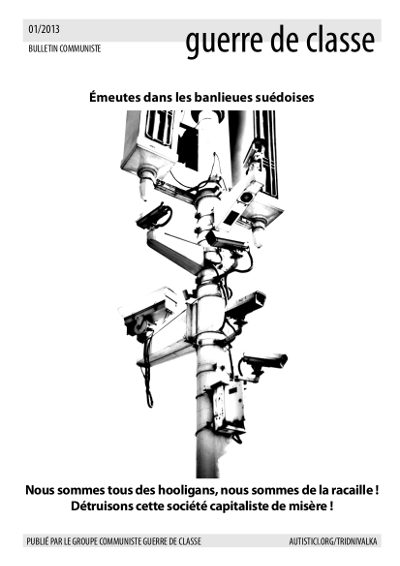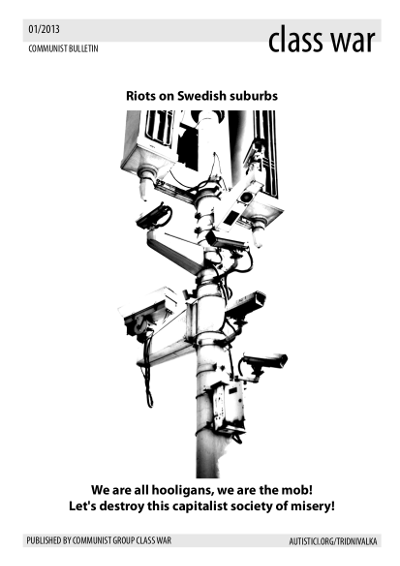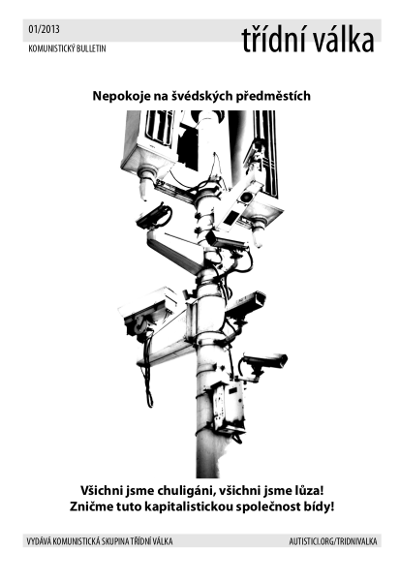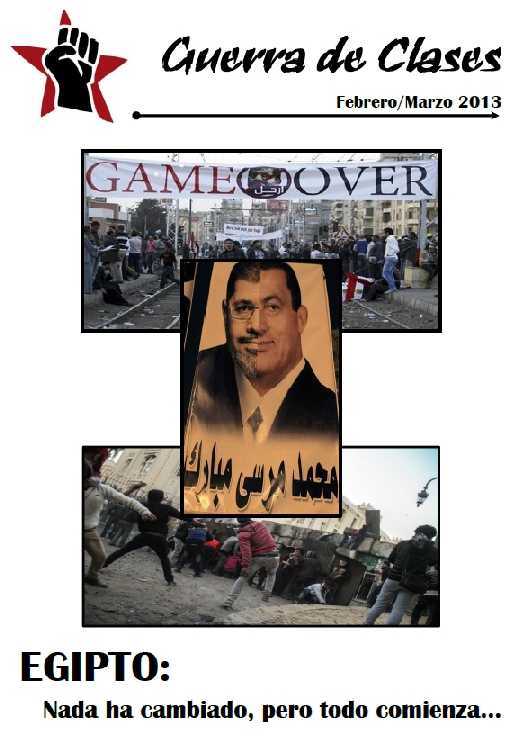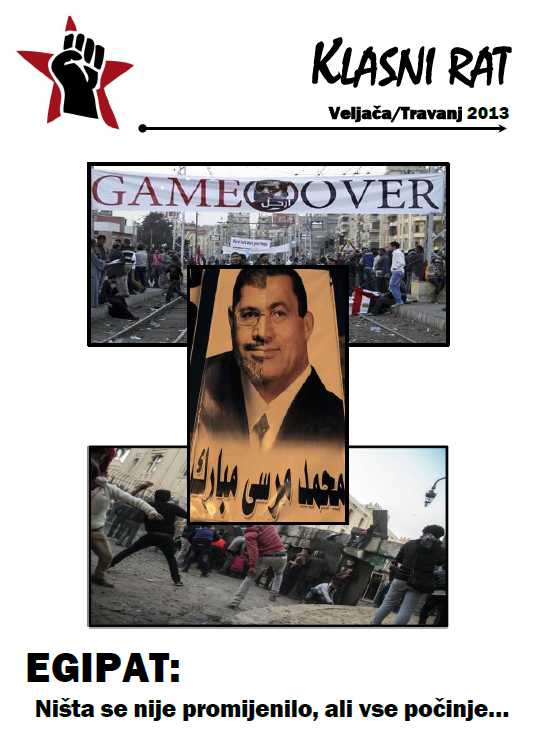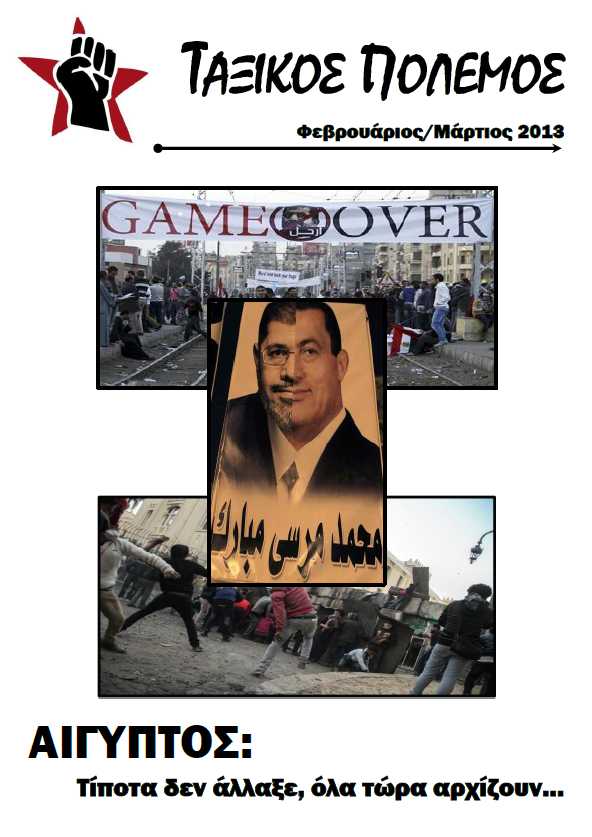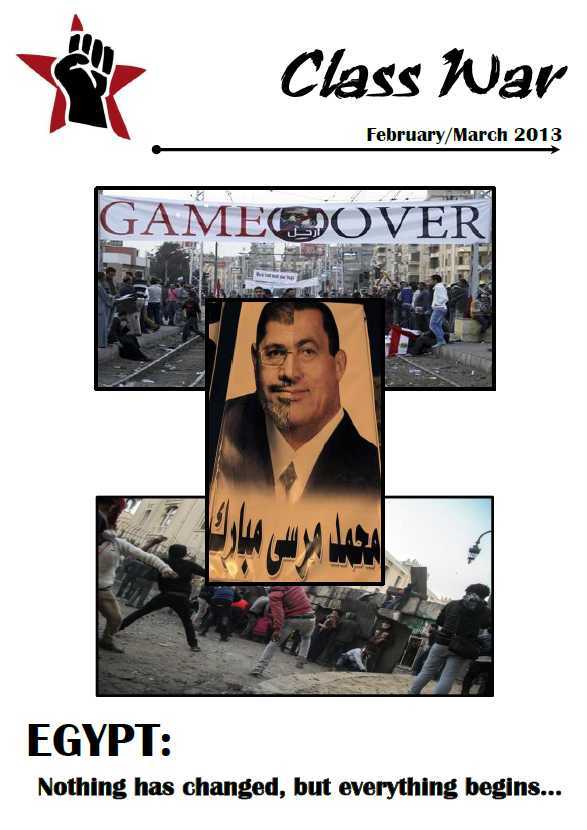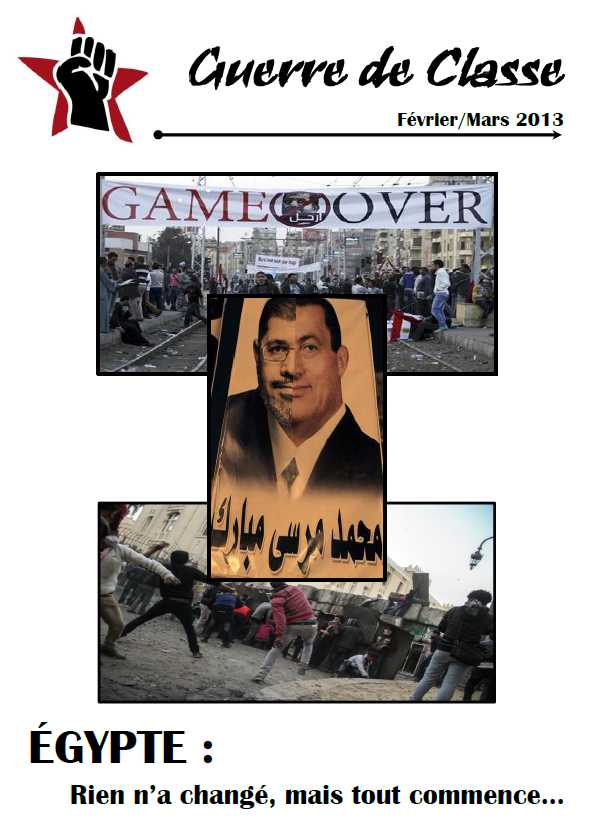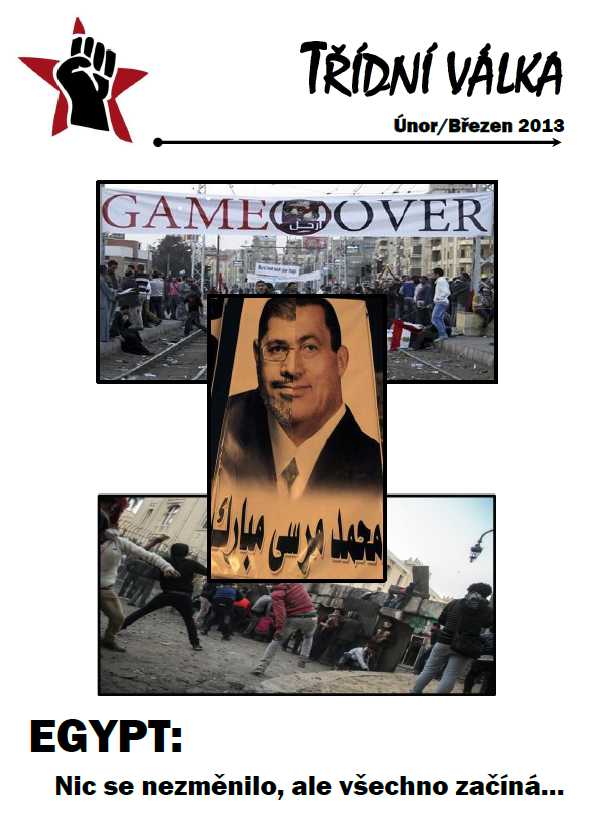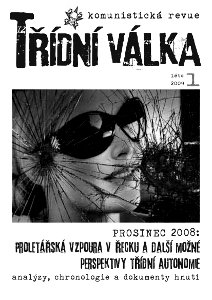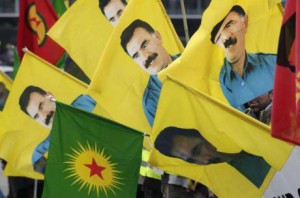 | Čeština | English | Français |
| Čeština | English | Français |
Nous publions ici un texte critique à propos du PKK et du « Confédéralisme démocratique » que nous avons traduit en français et en tchèque, émanant de militants qui s’expriment essentiellement en croate et qui ont donné à leur structure le nom de Svjetska Revolucija (« Révolution mondiale »). Nous connaissons peu de choses sur ce groupe et il nous est linguistiquement difficile d’approfondir plus avant notre connaissance de leurs positions programmatiques.
Néanmoins dans un document de base publié en croate qui développe toute une série d’affirmations intéressantes, il y en a une en particulier que nous tenons ici à critiquer succinctement, il s’agit de leur position sur « le terrorisme » lorsque ces camarades affirment : « Le terrorisme n’est pas une méthode de lutte de la classe ouvrière. Il prône l’action secrète d’une petite clique en totale contradiction avec la défense de la violence de classe qui relève de l’action de masse consciente et organisée du prolétariat. » [https://www.svjetskarevolucija.org/osnovni-stavovi/]
Nous ne sommes pas du tout d’accord avec cette position qui laisse la porte grande ouverte au pacifisme au nom du « Grand Soir » à venir, sous prétexte qu’ici et maintenant « les masses ne sont pas prêtes », comme l’ont éructé depuis des décennies les sociale-démocrates de tous poils pour mieux désarmer notre lutte. Il n’y a pas de « terrorisme » en soi ! Toute action, toute pensée sont essentiellement déterminées par leur contenu de classe et le rapport social dominant ; il y a donc bien un terrorisme de classe et celui-ci se décline suivant la nature du programme qu’il contient et qui le porte.
Il y a donc d’un côté un terrorisme bourgeois, patronal, capitaliste, contre-révolutionnaire : c’est le terrorisme permanent de la quotidienneté de notre mise au travail forcé, c’est la répression policière et militaire (et syndicale) pour écraser nos grèves, nos luttes, nos espoirs, et c’est aussi le terrorisme de la boucherie meurtrière sur les champs d’horreur des guerres bourgeoises, etc.
Mais, et en opposition radicale à ce terrorisme contre-révolutionnaire, il y a aussi un terrorisme prolétarien, révolutionnaire, humain : c’est le sabotage permanent par notre classe des outils de l’exploitation, de l’aliénation, de l’oppression et de la domination, c’est l’organisation même minoritaire de l’action directe, c’est-à-dire sans intermédiaires, sans médiations, c’est la destruction de ce qui nous détruit pour l’abolition définitive, l’éradication totale des cause mêmes de notre misère.
Pour terminer cette petite présentation et cette critique fraternelle, nous tenons à réaffirmer les positions de toujours du mouvement communiste (quelques bon vieux « bijoux » programmatiques !) vis-à-vis de la nécessaire violence révolutionnaire pour en finir une fois pour toute avec ce vieux monde :
« Les massacres sans résultats […], le cannibalisme de la contre-révolution elle-même convaincront les peuples que pour abréger, pour simplifier, pour concentrer l’agonie meurtrière de la vieille société et les souffrances sanglantes de l’enfantement de la nouvelle société, il n’existe qu’un moyen : le terrorisme révolutionnaire. »
(Karl Marx, « Victoire de la contre-révolution à Vienne », La Nouvelle Gazette Rhénane n° 136, 7 novembre 1848)
[https://www.marxists.org/francais/marx/works/1848/11/km18481107.htm]
« Bien loin de s’opposer aux prétendus excès, aux exemples de vengeance populaire contre des individus haïs ou des édifices publics auxquels ne se rattachent que des souvenirs odieux, il faut non seulement tolérer ces exemples, mais encore en assumer soi-même la direction. »
(Karl Marx – Friedrich Engels, « Adresse du Comité Central à la Ligue des Communistes », Londres, mars 1850)
[https://www.marxists.org/francais/marx/works/1850/03/18500300.htm] Continue reading
